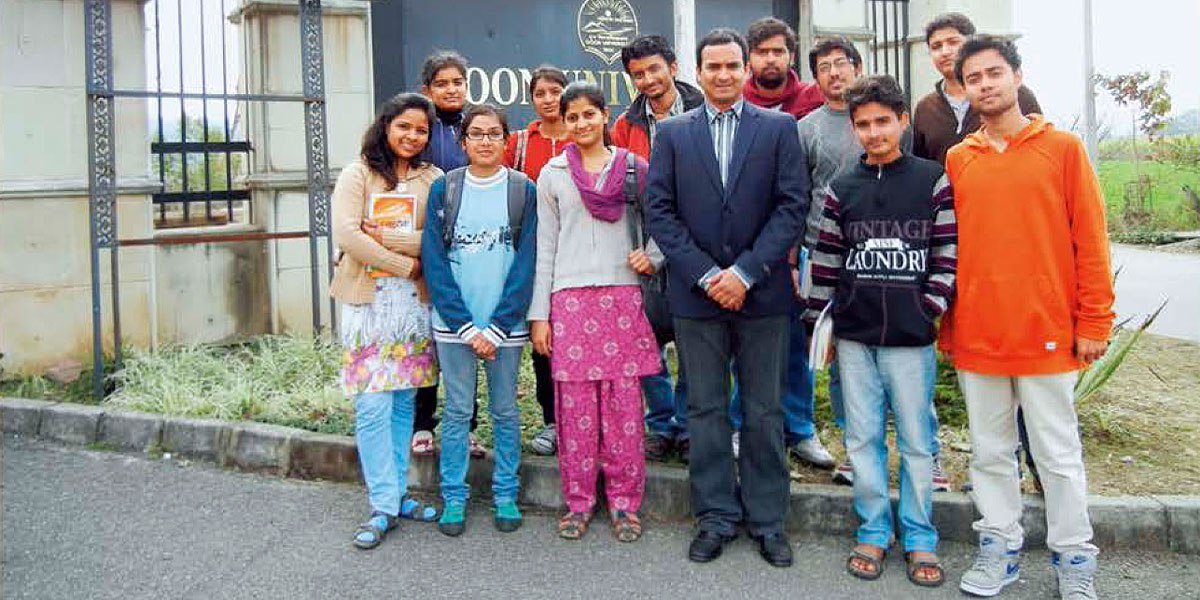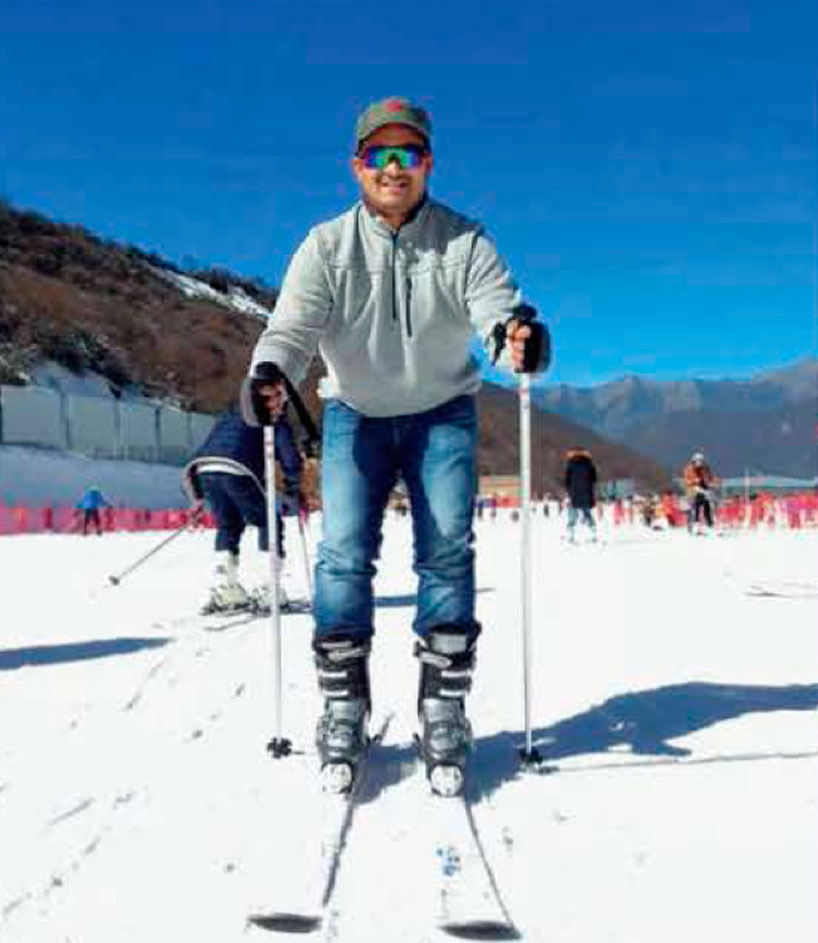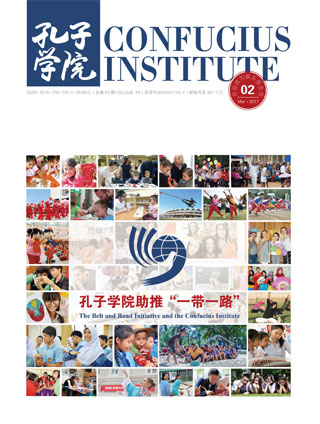

“Different countries, same dream”
Mukesh Kumar Verma, Indian: “China and India are very similar in aspects such as traditional culture, lifestyle, interpersonal relations and family relations, which provide great possibilities for collaboration between the two countries”.
What’s China really like in the eyes of foreigners? Which parts of Chinese culture are the most attractive? What are their personal experiences while learning Chinese language? Are there any touching stories that happened to them during their stay in China? You will find the answers here. After reading the following stories, don’t you have the desire to pick up your pen and put down something in Chinese about things around you?
By Mukesh Kumar Verma, Indian, “Confucius China Studies Program” PhD student
Everyone has their dream and I am no exception: my dream is to become an expert in Chinese and Indian economics, so that I can help the two economies to have more cooperation, and thus make my own contributions.
There are many similarities between India and China, among the most significant being that we are both very ancient civilizations and that we both have large populations. It is no easy task to develop a country which is vast in size, and high in population, with such a long history, but while I was doing my Master’s degree in China I witnessed China’s development firsthand. China’s rapid economic development really surprised me, so I wanted to stay in China for longer and to spend more time there in order to know more about it. Later, I returned to China to continue my studies. My friends and my family all told me how difficult it was to do a PhD in another country, because I would have to be completely focused on and dedicated to my studies. Although I was prepared psychologically before coming to China, it wasn’t until I began my studies that I realized the pressure was greater than I had imagined. The requirements for a PhD program are very high, and I was not alone in feeling this way, as all of the other PhD students were undergoing a great challenge. At first I was not very accustomed to life as a student in China, but my enthusiastic teachers and classmates helped me eventually get used to it, for which I am very grateful.
The help I received from my supervisor and my classmates allowed me to learn many new skills, such as how to write PhD papers. I had previously written papers when I was doing my Master’s degree, but it was for a different major, so in my first semester of the PhD program writing papers and essays was tough for me. However, the teachers at Sichuan University helped me develop my skills, and thus I was able to achieve great progress in my major.
Aside from economics, I’m also very interested in Chinese culture. Knowing this, my supervisor introduced a taijiquan teacher to me, Mr. Yang Xiaoling, so that I could experience the wonder of Chinese culture during my regular studies. Mr. Yang is a sixthgeneration successor of Yang-style taiji , and he taught me health promotion methods and traditional taijiquan . In my spare time I also explored the beautiful scenic sites that Sichuan has to offer, such as Jiuzhaigou and Leshan. At these places I learned about the mysterious religion of Tibetan Buddhism, and on the way there I also felt the sadness and pains of the families affected by the Wenchuan Earthquake. These memories left me a deep impression, and helped strengthen my understanding of China.
China and India are very similar in aspects such as traditional culture, lifestyle, interpersonal relations and family relations, which provide great possibilities for collaboration between the two countries. They are also the two most populous countries in the world, with their total population accounting for over a quarter of the world’s. China is the largest economic power in Asia, and India is the third largest, so I think if the economies cooperate more with each other, they can potentially become the largest economic partners in the world. I always ask myself, “One day will I be able to take the train or drive from Delhi or Kolkata to Chengdu, Shanghai and Beijing? Will I be able to fly directly from my hometown to Chengdu and other cities throughout China? Will Chinese and Indian tourists be able to travel to the other country without the need for a tourist visa? ” I hope that China and India, two great civilizations, can be as close as brothers, and that in the 21st and 22nd centuries more and more people will travel between the countries, just like the Buddhist monks of ancient China Xuanzang and Faxian.
The “Belt and Road” Initiative that China is currently implementing is the reincarnation of the ancient Silk Road; it will not only benefit the people and enterprises of China but also bring many development opportunities to countries along the route, and even the adjacent countries, and will contribute greatly to the future of the world. I hope that more Indians will come study in China, and after completing their studies will become envoys of friendship and culture, like bridges for the two countries’ development. I wish to become such a person. I also hope that more Chinese people will go study in India, so that the two countries may assist each other in their development. I believe that the “Belt and Road” Initiative signifies not only China’s dream of great rejuvenation, but also my dream, and even the dream of the whole world, since it will lead the world to a future full of hope and opportunity.
Published in Confucius Institute Magazine
Number 49. Volume II. March 2017.
Number 49. Volume II. March 2017.

























No hay comentarios:
Publicar un comentario